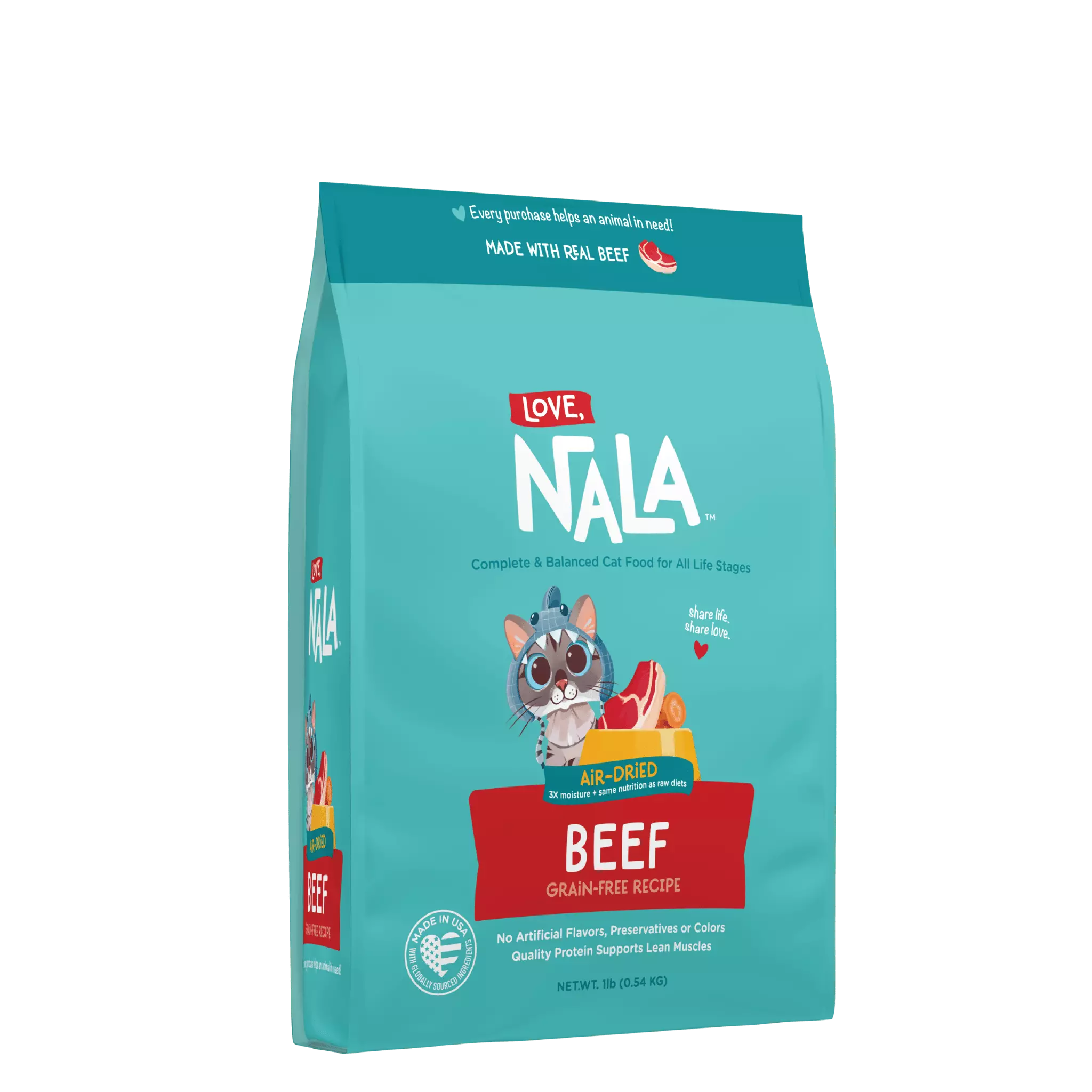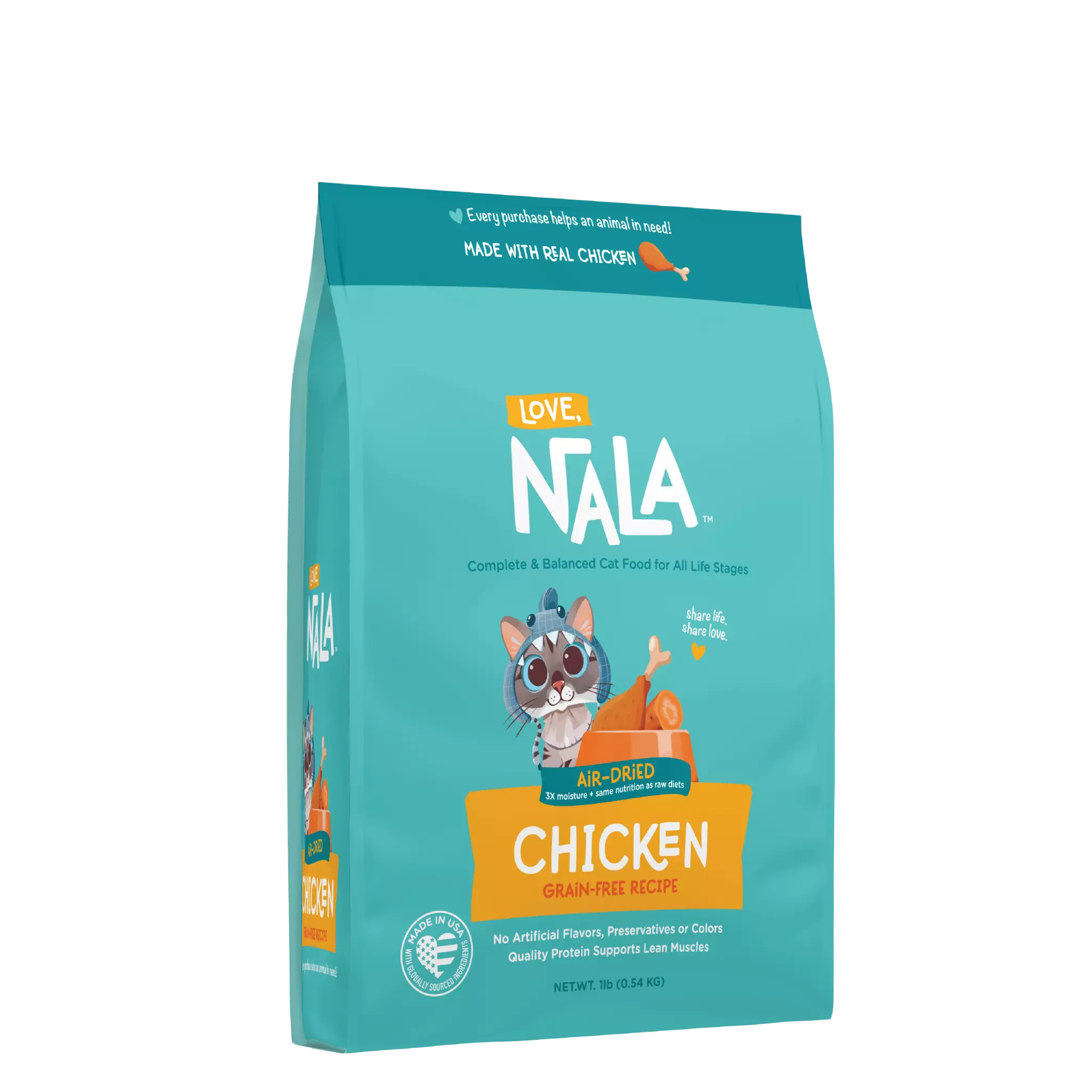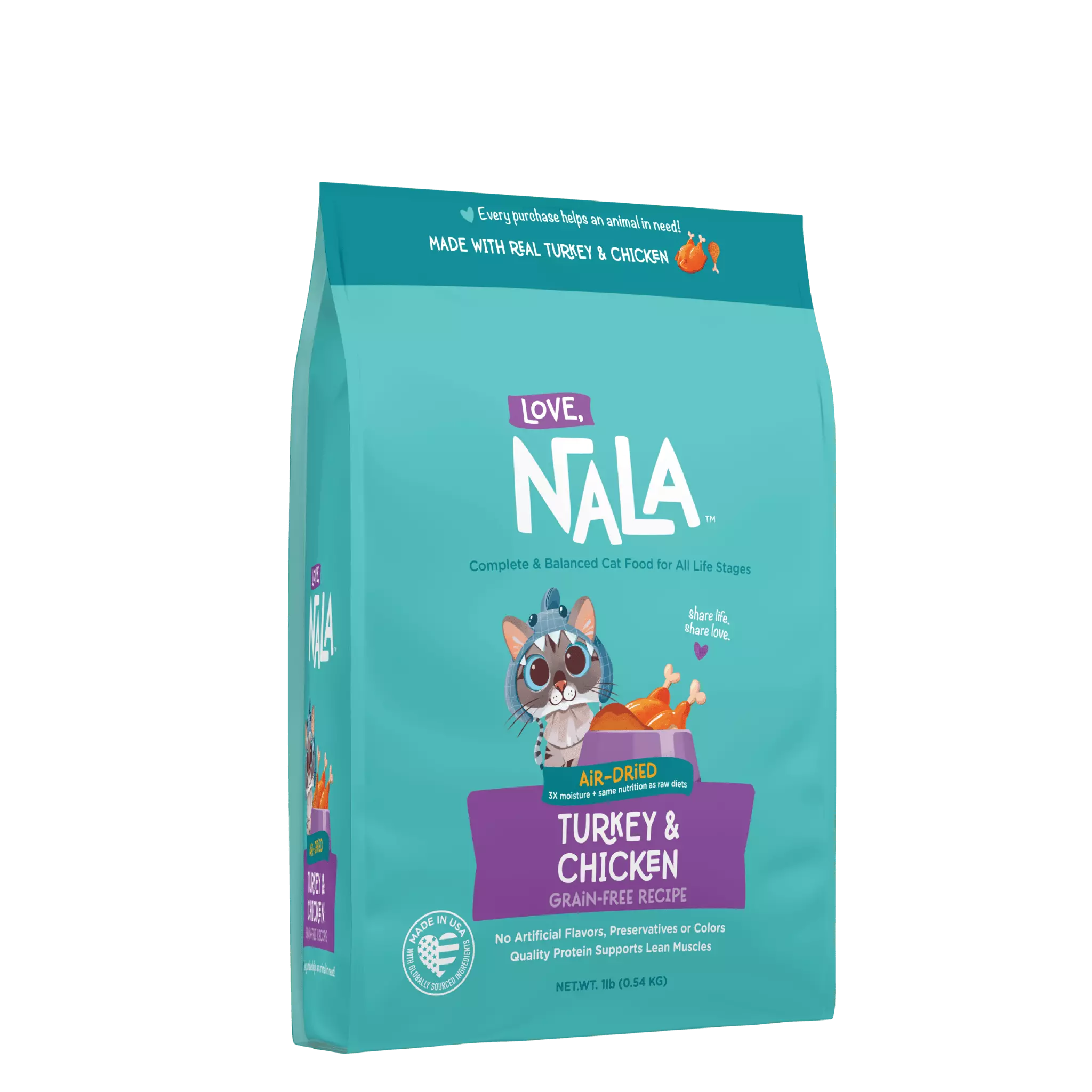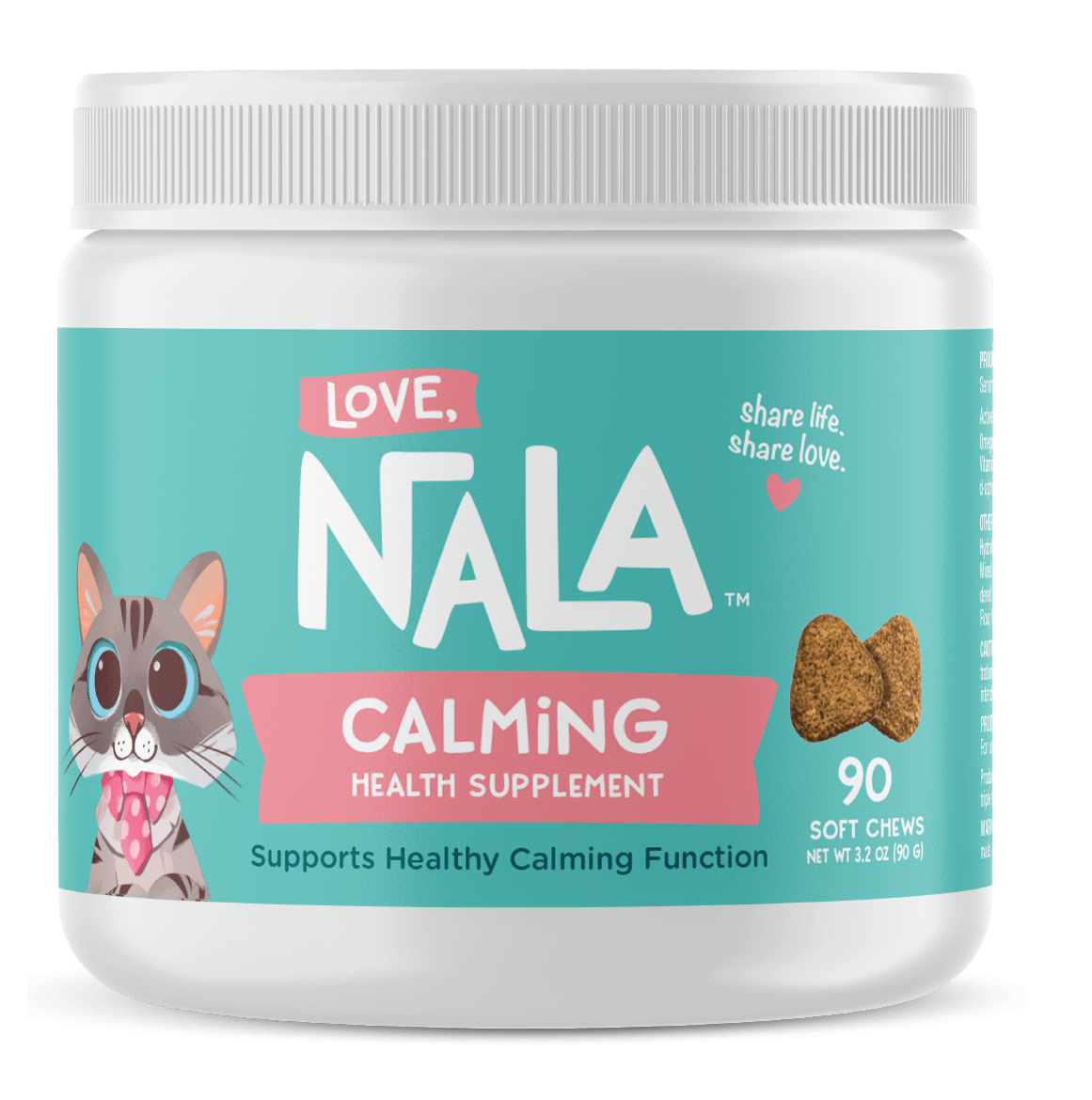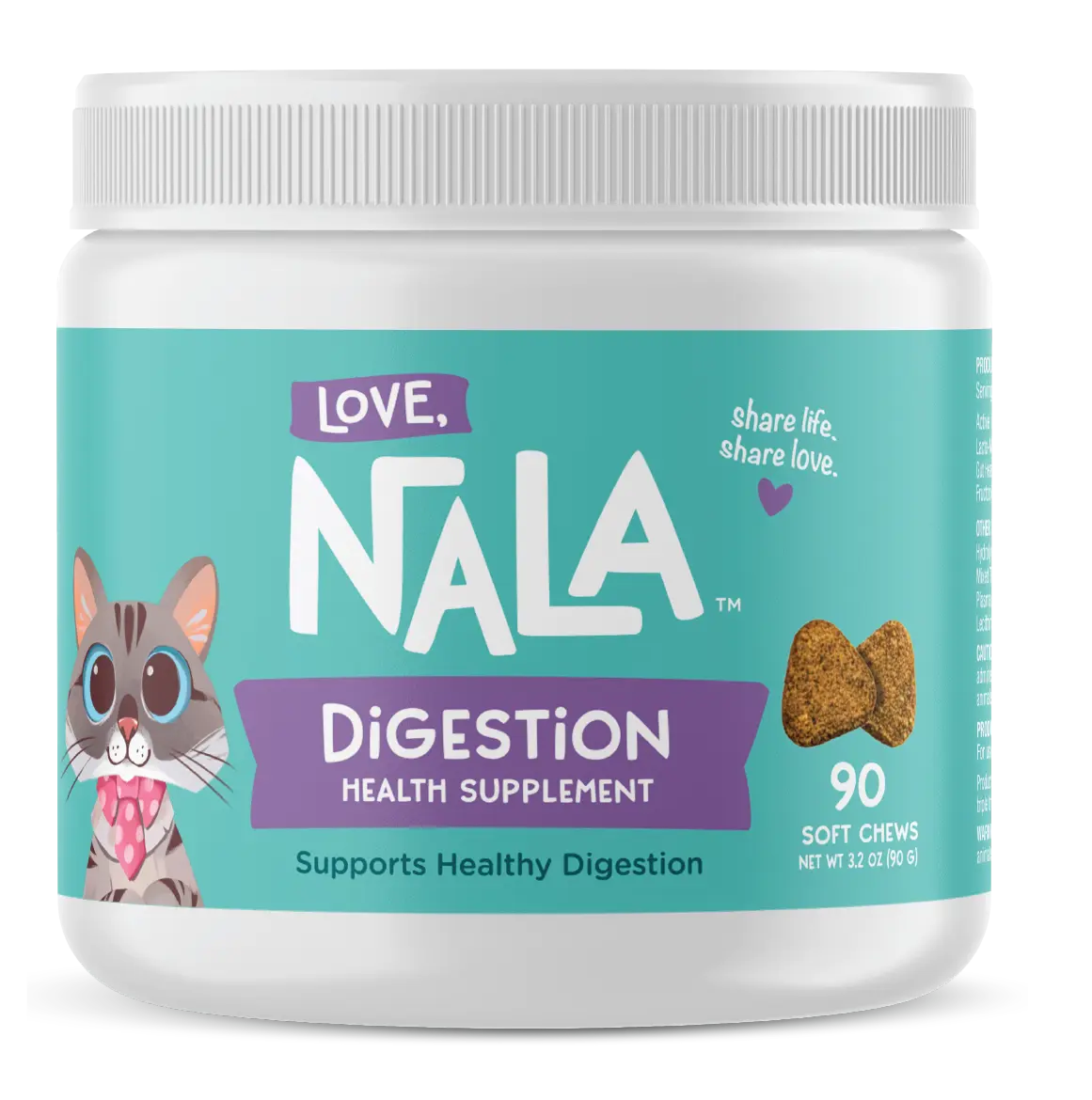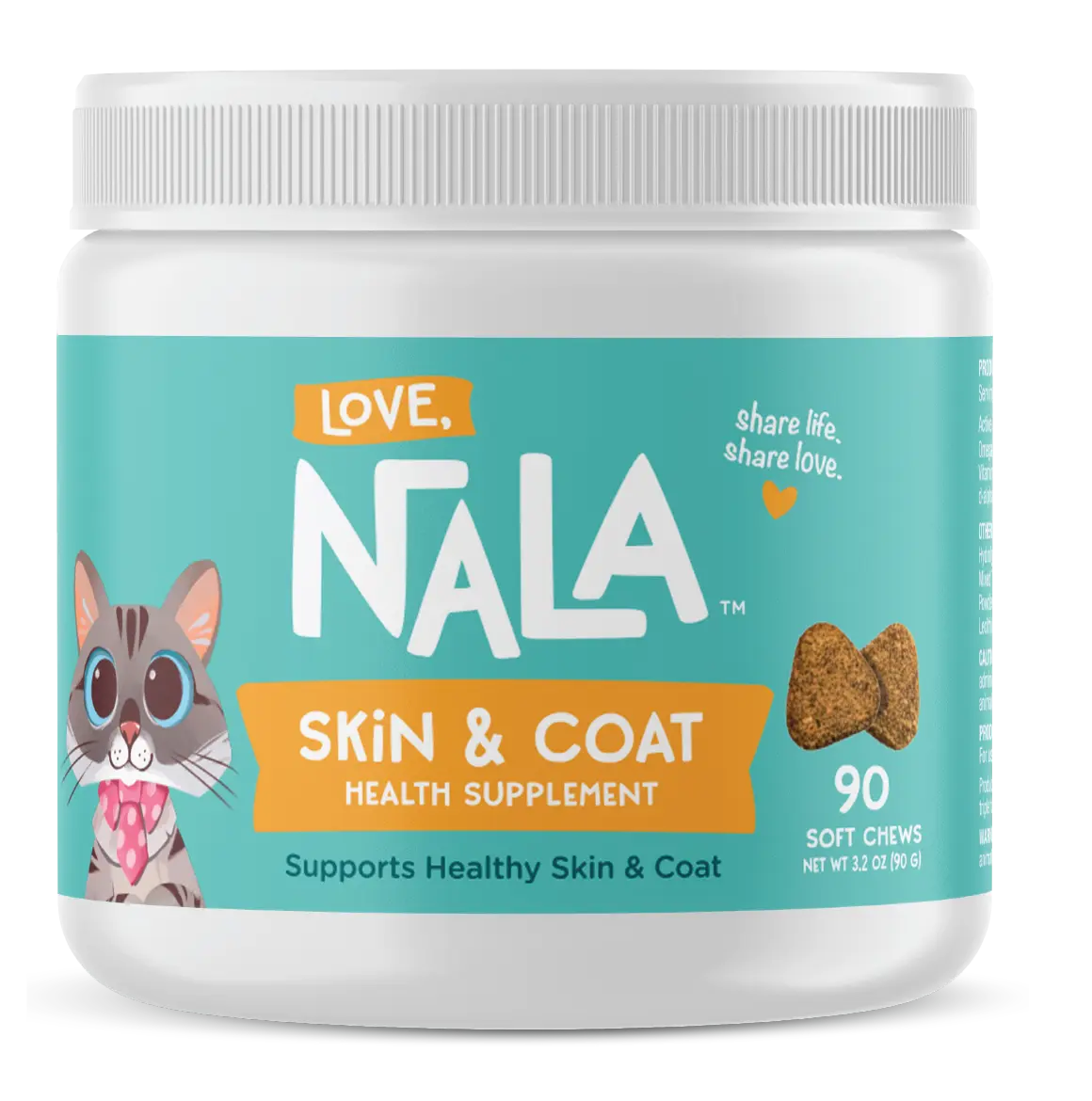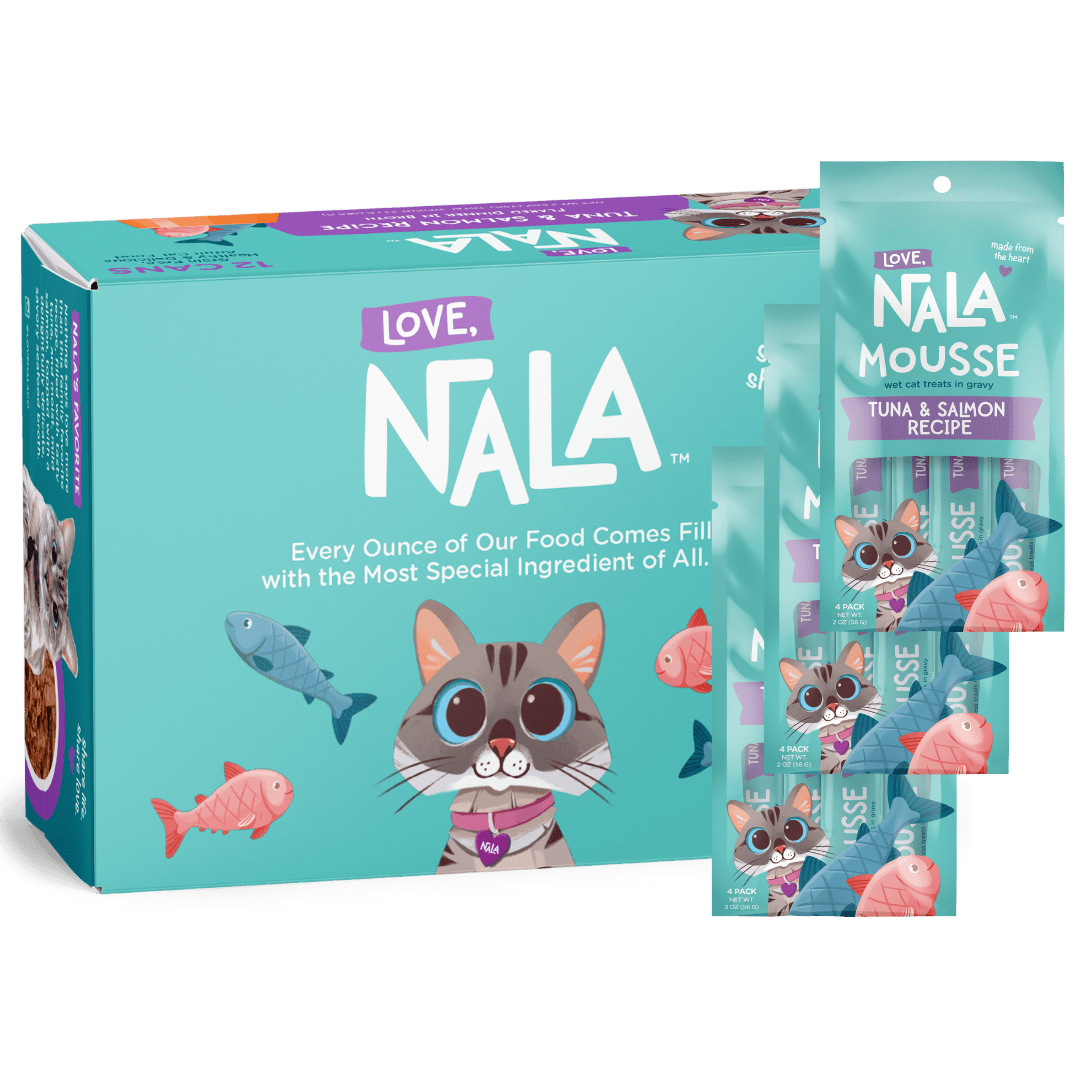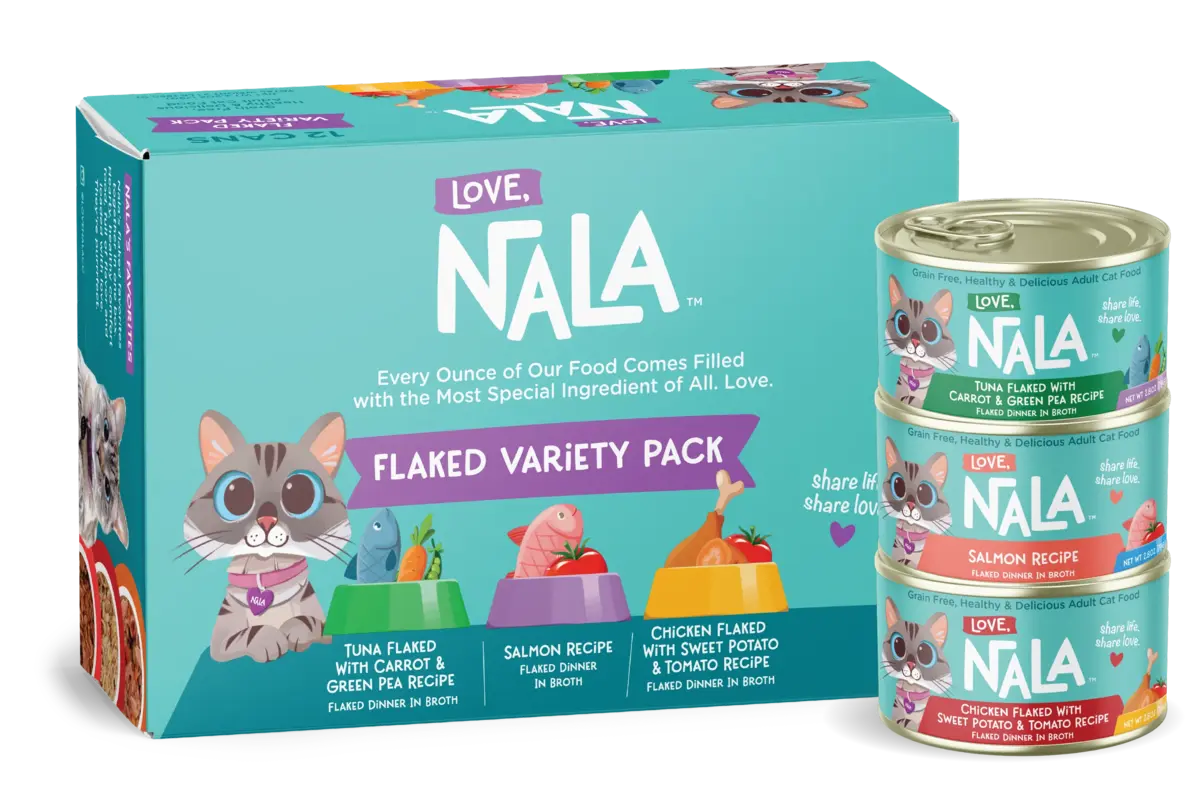It is often said that we are what we eat, and this statement holds for our feline friends too. Ensuring that our pets maintain a healthy and balanced diet is crucial for their overall well-being. In this article, we will explore the advantages of feeding your cat natural cat food, focusing on the key ingredients that contribute to feline wellness. By understanding the health benefits and recognizing the essential components of a natural diet, you'll be able to make educated decisions when selecting the best cat food for your cherished pet.

Benefits of Natural Cat Food
Improved Digestion and Nutrient Absorption
Natural cat food is often made from high-quality ingredients that are biologically appropriate and easier for cats to digest. This improved digestibility facilitates better absorption of essential nutrients, which can significantly enhance your cat's gastrointestinal health. Digestive issues such as bloating, constipation, and diarrhea are less common when cats consume diets rich in natural proteins. By integrating more naturally derived ingredients, these foods ensure that cats receive a more concentrated amount of nutrients like proteins, vitamins, and minerals per bite, which supports everything from muscle growth to enzyme function.
Enhanced Immune System
A diet comprised of well-balanced, natural ingredients provides cats with a rich source of essential nutrients, including antioxidants, vitamins, and minerals that are critical for maintaining a strong immune system. Antioxidants like Vitamin E and beta-carotene help to protect cells from damage caused by free radicals, while vitamins such as Vitamin C and A boost the body's natural defenses against pathogens. Moreover, all-natural cat food often includes prebiotics and probiotics which support the gut flora, a significant component of the immune system.
Healthier Skin and Coat
Natural cat food is formulated with a balance of high-quality proteins and essential fatty acids, such as omega-3 and omega-6, which are pivotal for maintaining healthy skin and a lustrous coat. These fats contribute to the oil production in the skin, which not only enhances the shine and softness of the coat but also plays a crucial role in reducing skin irritations and inflammations. Foods enriched with fish oils, like salmon or krill, provide a direct source of these beneficial fats. Regular consumption of such nutrients ensures that cats have fewer skin problems and that their coats remain thick, shiny, and healthy, reflecting the overall well-being of the animal.
Reduced Risk of Obesity and Diabetes
It also typically contains lower levels of unnecessary carbohydrates and simple sugars, which are often linked to obesity and diabetes in cats. Instead, these foods emphasize high-quality protein sources and complex carbohydrates like sweet potatoes, which provide sustained energy without the rapid glucose spikes associated with grain-heavy diets. The high protein content not only helps in maintaining lean muscle mass but also contributes to a feeling of fullness, reducing the likelihood of overeating.
Decreased Incidence of Food Allergies and Sensitivities
These diets are free from artificial additives, preservatives, and low-quality ingredients that are often associated with allergic reactions in cats. Instead, natural cat foods contain simple, recognizable ingredients that reduce the risk of triggering an adverse food reaction. Many natural diets also feature novel protein sources, such as venison or duck, which are less likely to cause allergies compared to common proteins like chicken or beef.
Essential Ingredients to Look For
High-quality Protein Sources
Cats, as obligate carnivores, require animal-based proteins to thrive. The optimal health and functionality of their muscles, tissues, and organs depend significantly on the quality of protein they consume. When selecting healthy cat food, it's vital to ensure that the primary ingredients are high-quality animal proteins such as chicken, turkey, fish, or beef. These sources are not only rich in essential amino acids but also more palatable and digestible for cats, which can help with their overall nutrient absorption. Animal-based proteins contain taurine, an essential nutrient that felines cannot synthesize sufficiently on their own. A taurine deficiency can lead to serious health issues, including heart disease and blindness. Therefore, when choosing either wet or dry cat food, verify that these proteins are listed at the top of the ingredient list, which indicates a higher content relative to other components.
Healthy Fats
When selecting healthy wet cat food or healthy dry cat food, it's essential to look for sources that include healthy fats, such as fish oil or chicken fat. As mentioned previously, these fats are excellent sources of omega-3 and omega-6 fatty acids, which are crucial for maintaining a glossy coat and healthy skin. They also play a role in reducing inflammation and supporting cognitive and retinal development. Organic cat food that contains these fats ensures that your pet is getting these essential nutrients from high-quality, sustainably sourced ingredients.
Fiber and Prebiotics
Fiber is a crucial component in a cat's diet, serving as a non-digestible carbohydrate that significantly enhances their digestive health. Here's a deeper dive into the specific benefits fiber provides:
- Regulates Bowel Movements: The inclusion of fiber in a cat's diet is paramount for maintaining regular bowel movements. Fiber absorbs water as it moves through the gastrointestinal tract, which helps to soften the stool and prevent conditions like constipation. It adds bulk to the digestive content, aiding in smoother transit and helping to prevent issues like diarrhea. The regular movement of bowels is vital for the expulsion of toxins from the body and for the overall health of the digestive system.
- Supports Microbial Health: Fiber also plays a critical role in nurturing the gut's microbial community, specifically through the action of prebiotics such as inulin. These substances act as food for the beneficial bacteria in the gut, fostering a balanced microbiome. A healthy gut flora not only enhances nutrient absorption but also strengthens the cat's immune system.
- Natural Sources: When selecting cat food, it is advisable to look for products that contain natural sources of fiber such as pumpkin or beet pulp. These ingredients are not only effective in promoting intestinal health but also support the overall well-being of cats by ensuring a balanced microbial environment in the gut. Natural fibers are gentler on the stomach and less likely to irritate compared to synthetic fibers, making them a superior choice for maintaining the health of your cat's digestive system.
Incorporating adequate fiber into your cat's diet is crucial for their health. It supports various aspects of their digestive system, from bowel regulation to microbial balance, highlighting the need to choose cat food with suitable fiber sources. By ensuring that your cat's food contains natural fiber sources, you can significantly contribute to their digestive health and overall well-being.

Ingredients to Avoid
Low-quality Protein Sources
Many commercial cat foods utilize plant-based proteins such as soy, corn gluten meal, or wheat gluten, which are less bioavailable—meaning the nutrients they provide are not as easily absorbed by a cat's body. These proteins lack certain essential amino acids, which can lead to deficiencies if they form the primary source of protein in the cat's diet. It is crucial to check the ingredients list of cat food to ensure that the primary protein sources are animal-based (such as chicken, beef, or fish), which are more in line with a cat’s natural dietary needs. Feeding cats food that relies heavily on plant-based proteins not only compromises their nutritional intake but also might contribute to long-term health issues.
Harmful Additives and Preservatives
While some additives and preservatives are necessary for maintaining the shelf life and safety of cat food, others can be detrimental to your cat's health. Ingredients like BHA, BHT, and ethoxyquin are chemical preservatives that have been linked to various health risks including cancer and liver dysfunction in pets. These compounds can also cause allergic reactions, manifesting as skin problems, digestive issues, or respiratory distress. When choosing cat food, it’s advisable to look for products that use natural preservatives such as tocopherols (vitamin E) or ascorbic acid (vitamin C), which are safer for long-term consumption.
Artificial Colors and Flavors
Artificial colors and flavors in cat food are used primarily to make the product more appealing to the pet owners rather than the pets themselves. Cats are generally more concerned with the taste and texture of the food rather than its appearance. Ingredients such as Yellow #5, Red #40, and artificial flavors designed to mimic natural meaty tastes can cause adverse reactions in sensitive cats, including behavioral changes and digestive upset. These synthetic additives offer no nutritional benefit and can mask the poor quality of underlying ingredients.
Tips for Choosing Top-Quality Natural Cat Food
Read and Understand the Ingredient List
It’s crucial to ensure it meets your cat's dietary needs by carefully examining the ingredient list. This detailed scrutiny helps determine the quality and suitability of the food. Understanding the specific components of your cat's diet is vital for promoting overall health and well-being. Here’s a deeper dive into what to consider:
- Quality Ingredients: Opt for foods specifying actual meat types (e.g., chicken, salmon) rather than vague terms like "animal by-products" or "meat meal." High-quality ingredients are essential for providing your cat with the necessary nutrients. Meats listed by name indicate that the food includes higher-grade cuts, which are more nutritious. Terms like "meat meal" can contain lower-quality parts of animals that might not offer the same nutritional benefits. Choosing products with clearly defined ingredients can ensure your cat receives a diet rich in protein and essential nutrients, promoting better health and vitality.
- Ingredient Sources: Prefer brands that clearly label whether ingredients are organic, locally sourced, or sustainably harvested. Knowing the source of each ingredient helps measure the overall quality and safety of the food. Organic ingredients are grown without synthetic pesticides or fertilizers, reducing the risk of harmful residues. Locally sourced components support regional farmers and often mean fresher ingredients. Sustainably harvested ingredients reflect environmentally friendly practices, which can also indicate a higher level of care and quality in production.
- Life Stage Appropriateness: Nutritional requirements vary significantly across different life stages. Kittens need more protein and fats for growth and development, whereas adult cats require a balanced diet to maintain their health. Senior cats may need food with fewer calories and more fiber to support their aging bodies. Selecting life-stage-appropriate food ensures your cat receives the correct nutrients needed for their current phase of life, promoting long-term health and reducing the risk of age-related issues.
Understanding these factors helps provide a diet that effectively supports your cat's well-being. By focusing on high-quality ingredients, transparent sourcing, appropriate nutrition for life stages, and avoiding unnecessary additives, you can make informed choices that contribute to your cat’s health and happiness. Taking the time to select the right natural cat food can make a significant difference in your pet's quality of life.
Consult With Your Veterinarian
Consulting with a veterinarian is essential when selecting a natural cat food, as they can provide tailored advice based on your cat's individual health, age, breed, and nutritional needs. A vet's guidance is invaluable because they can interpret clinical signs that might suggest dietary adjustments. For instance, if your cat has a history of kidney issues, a vet might recommend a diet low in certain proteins to reduce the strain on the kidneys.
Your veterinarian can also update you on the latest research in feline nutrition and how certain diets can positively or negatively impact health conditions common in cats such as obesity, diabetes, or food allergies. They might also be able to recommend specific brands or formulations that have been scientifically proven to be beneficial for similar cases to your pet’s. A veterinarian's advice goes beyond just the ingredients and includes the proper portion sizes and feeding frequencies to maintain optimal health and weight. They can also guide you on transitioning your cat to new foods to minimize digestive issues. This personalized insight helps ensure that the diet you choose promotes longevity and a high quality of life for your feline.

Feeding your cat a natural diet has numerous health benefits, including improved digestion, a robust immune system, and a healthier coat, among others. By recognizing the essential ingredients to look for and avoiding potentially harmful components, you'll be well-equipped to make informed decisions when selecting the best natural cat food for your cherished pet. Consult with your veterinarian for guidance on your cat's specific nutritional needs, and prioritize high-quality, nutrient-dense ingredients to ensure your feline friend thrives.
